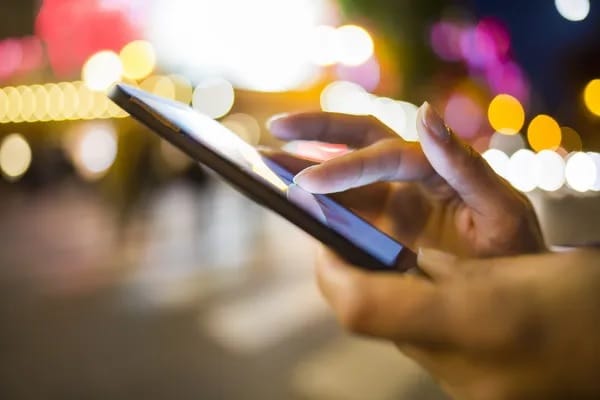In an age where technology permeates every aspect of life, the mobile phone stands as one of the most transformative innovations in modern history. It has reshaped how we communicate, work and even think about the world. From humble beginnings as bulky, voice-only devices, mobile phones have evolved into sleek, powerful tools that transcend their original purpose, redefining the very fabric of society.
The Multifaceted Role of Mobile Phones
Mobile phones have evolved into indispensable tools that extend far beyond their original purpose of communication. Today, they serve as versatile devices for learning, productivity, entertainment and personal expression. In mobile phone singapore, consumers have access to a wide range of options that cater to different needs and preferences. Equipped with advanced cameras, mobile phones enable users to capture moments with professional-quality photos and videos. Apps transform them into powerful tools for managing fitness, finances and schedules, making everyday tasks more efficient.
In the workplace, mobile phones have revolutionized how businesses operate. Video conferencing apps facilitate remote work, while mobile payment platforms streamline transactions, reshaping commerce. Similarly, in education, mobile phones provide students worldwide access to online resources and virtual classrooms, breaking down barriers to learning.
Entertainment has also transformed. Mobile phones double as portable hubs for streaming movies, playing games and engaging with social media, ensuring constant connectivity and engagement.
Perhaps most importantly, mobile phones connect people globally, fostering communication and inclusion, even in remote areas. They have become essential tools for driving social change, enabling users to amplify their voices and participate in global movements.
In essence, mobile phones have become integral to modern life, serving as multifunctional devices that empower, entertain and connect us like never before.
Connecting the World
One of the most profound impacts of mobile phones is their ability to connect people across the globe. For many in remote or underserved regions, mobile phones are the first and sometimes only access point to the internet. This connectivity has opened doors to education, healthcare and economic opportunities, shrinking the digital divide and fostering inclusion.
Mobile phones have also played a pivotal role in fostering global movements. Social media, accessed predominantly through mobile devices, has been instrumental in spreading awareness, organizing protests and amplifying marginalized voices. Whether it’s the Arab Spring or climate change advocacy, mobile phones have become powerful tools for societal change.
Challenges and Considerations
While mobile phones bring immense benefits, they also pose challenges. Excessive screen time can lead to issues like eye strain, disrupted sleep patterns and reduced attention spans. Over-reliance on mobile devices may also affect interpersonal relationships, as face-to-face communication gives way to digital interactions.
Privacy and security are significant concerns. With so much personal data stored on mobile devices, they are prime targets for hackers. Apps and services often collect user data, raising questions about how this information is used and protected.
Environmental impact is another issue. Mobile phones contribute to electronic waste, and their production often involves rare earth minerals, mining of which can harm ecosystems. Companies are beginning to address these concerns with initiatives like recycling programs and sustainable manufacturing practices, but much work remains to be done.
The Future of Mobile Phones
The future of mobile phones is brimming with innovation, promising to redefine how we interact with technology. The rollout of 5G networks will enable faster speeds, minimal latency, and expanded connectivity, paving the way for transformative advancements like augmented reality (AR), virtual reality (VR), and the Internet of Things (IoT).
Hardware innovations such as foldable screens and improved battery technology will enhance portability and usability, while artificial intelligence (AI) integration will make phones smarter, more intuitive and deeply personalized. Enhanced health and wellness features, such as wearable integration and advanced health-monitoring apps, could revolutionize healthcare by enabling early disease detection and remote consultations.
Moreover, mobile phones will continue to play a vital role in bridging the digital divide, bringing connectivity and opportunities to underserved areas. As they evolve, mobile phones are poised to become even more integral to personal, professional and societal growth, shaping a smarter more connected world.
Conclusion
The mobile phone is more than just a device; it is a cornerstone of modern life. Its ability to connect, inform, and entertain makes it indispensable, while its innovation potential ensures its relevance for years to come. However as we embrace its benefits, we must also address its challenges from ethical considerations to environmental impacts.
In this ever-connected world, the mobile phone remains a symbol of progress a testament to humanity’s ingenuity and its capacity to adapt to a rapidly changing technological landscape. As we look to the future, it’s clear that the journey of the mobile phone is far from over.

